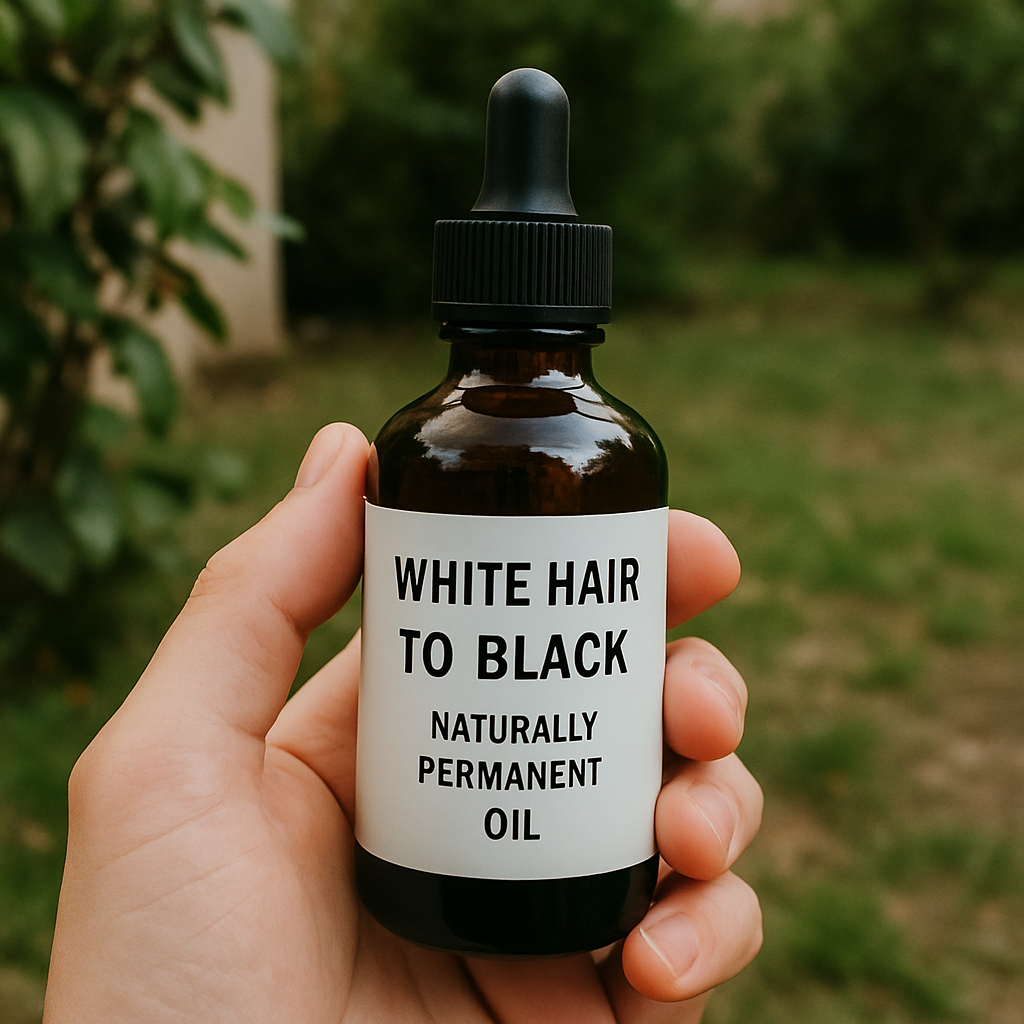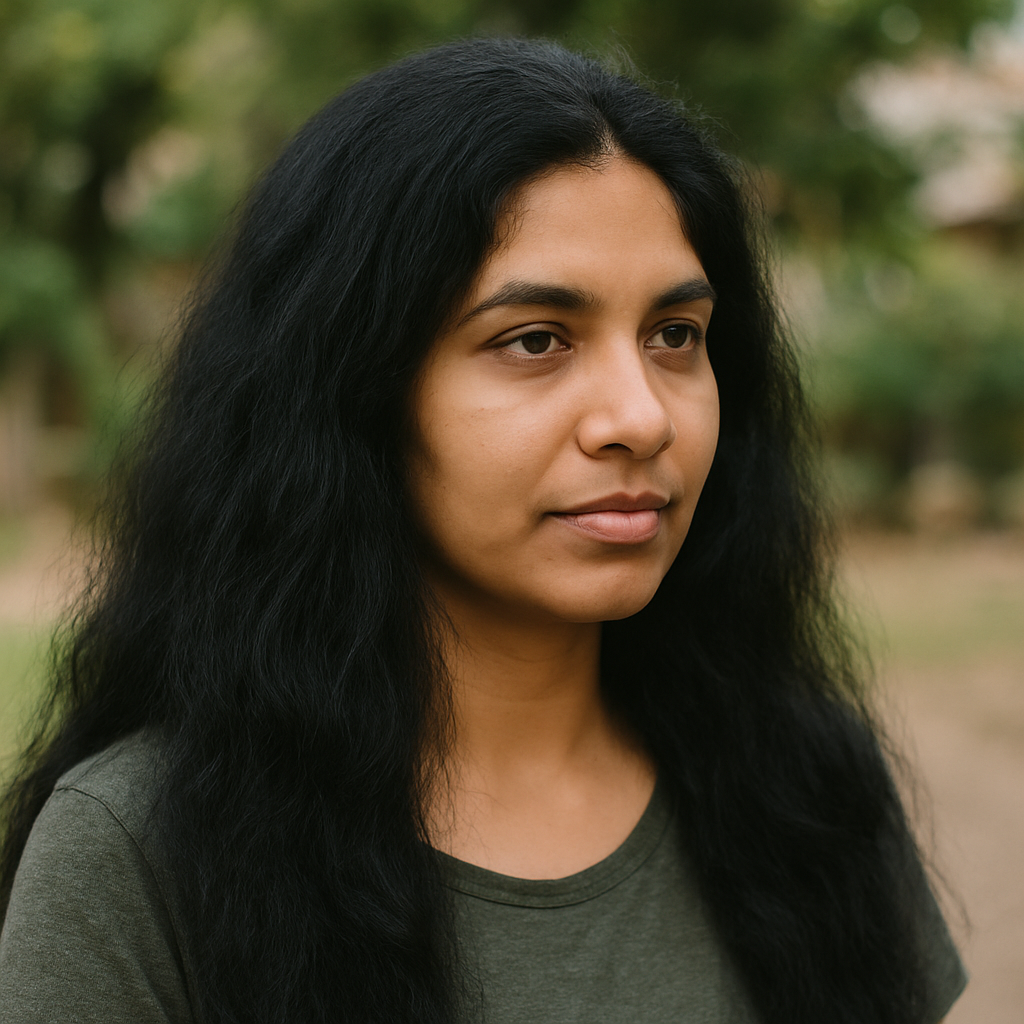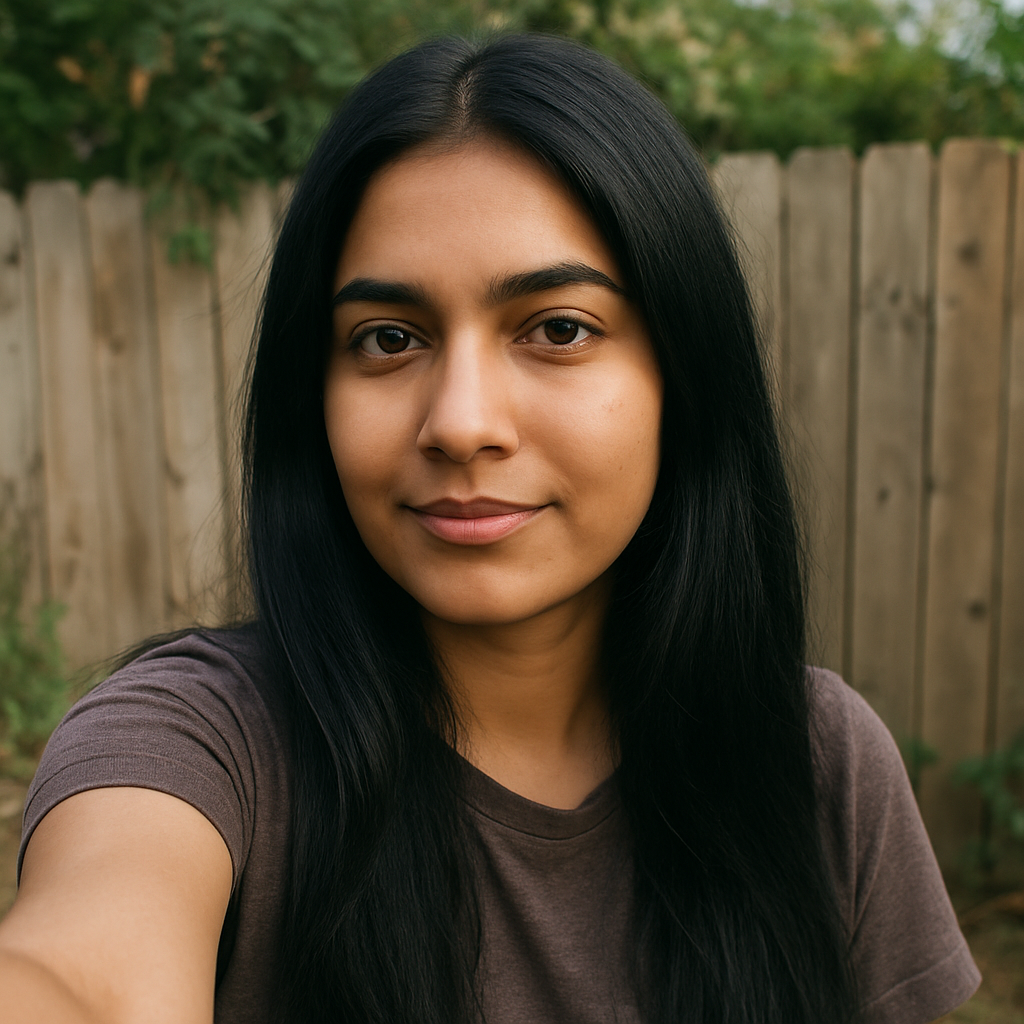Ask Ayurvedic doctor a question and get a consultation online on the problem of your concern in a free or paid mode. More than 2,000 experienced doctors work and wait for your questions on our site and help users to solve their health problems every day.
How to Get Black Hair Naturally: Ayurvedic Methods for Permanent Results

If you’re wondering how to get black hair naturally without relying on chemical dyes, you're not alone. More people are ditching the bottle and going back to nature — not just for beauty, but for health, too. Whether you’re seeing the first few strands of white or already struggling with a full head of grey, there’s hope. In fact, learning how to make hair black naturally without dye can be a total game-changer, especially when you realize it’s not just possible — it’s practical. This article dives deep into Ayurvedic approaches that don’t just cover up white strands, but transform hair from the root up.
We’ll explore how to make white hair to black naturally permanent, using simple kitchen ingredients, ancient herbs, and time-tested rituals. From how to make grey hair black naturally to how to get naturally black hair at home — consider this your go-to guide.
Let’s get into it, shall we?

Why Hair Turns White Prematurely
Common Causes: Genetics, Stress, Diet, Deficiencies
Hair turning white before your time can feel unfair. One morning you wake up, glance in the mirror, and — boom — there it is. A stark white strand waving back at you. Ugh.
So why does this happen?
A bunch of reasons actually. First off: genetics. If your parents or grandparents went grey early, there’s a decent chance you might, too. No suprise there. But then there's stress — yep, those sleepless nights, tight deadlines, and constant phone notifications are doing more than just frying your nerves.
Then comes diet and nutrient deficiencies. A lack of B12, iron, copper, or even folic acid can trigger premature greying. Your body needs these to produce melanin — the pigment responsible for that deep, gorgeous black color. Take those away, and well, you get what you get.
Ayurvedic Explanation: Pitta Imbalance and Agni Weakness
In Ayurveda, the premature greying of hair is deeply linked to an imbalance in the Pitta dosha, which controls heat and metabolism. When Pitta flares too high, it overheats the body, dries out the scalp, and burns through the natural oils and pigments that color your hair.
And then there’s Agni, your digestive fire. When that weakens, your body can't process nutrients effectively — meaning even a great diet might not help unless your digestion’s on point. It’s all connected, which is honestly kinda fascinating.
When Grey Hair Can Be Reversed Naturally
Here’s the good news — if your hair is greying due to temporary imbalances or mild deficiencies, you can absolutely reverse it. Yep, white hair to black naturally permanent results are possible, but there’s a catch: consistency is key.
Once the hair has fully lost its pigment (like if it’s snow-white), regaining natural color becomes trickier but not totally impossible. With proper care and a serious commitment to how to make your hair black naturally, you can encourage new hair growth to come in black over time.
Think of it like tending a garden. You won’t see roses overnight, but nurture it right — and beauty follows.

Don't wait or self medicate. Start chat with Doctor NOW
How to Get Black Hair Naturally at Home
Alright — you’ve got the why behind white and grey hair. Now, let’s talk about the how. Specifically, how to get black hair naturally at home using ingredients that are affordable, safe, and shockingly effective.
Turns out, your kitchen and garden might already hold the secrets to turning white hair to black naturally permanent — no trips to the salon needed. 🧴
Natural Oils That Turn White Hair to Black Permanently
Let’s start with the big players: natural oils. If you’re wondering how to make white hair black naturally permanently, look no further than these time-tested oils.
-
Amla Oil (Indian Gooseberry): Packed with Vitamin C and antioxidants, this oil nourishes the scalp, strengthens roots, and boosts melanin. It’s basically a superhero for your hair.
-
Bhringraj Oil: Known as the "King of Hair" in Ayurveda, this dark, leafy herb can literally stimulate black hair growth. Like… wild, right?
-
Coconut Oil + Curry Leaves: Warm coconut oil infused with fresh curry leaves is an ancient South Indian remedy. It’s one of the best examples of white hair to black naturally permanent oil. Curry leaves are rich in beta-carotene and proteins that feed the scalp what it’s been starving for.
Massage these into your scalp 3–4 times a week, leave overnight, rinse in the morning. Don’t expect miracles in 3 days, but over weeks? You’ll notice the change.
Herbal Powders and Pastes
Sometimes, oils alone aren’t enough. That’s where herbal masks come in. If you’re serious about figuring out how to make hair black naturally, don’t skip this part.
-
Henna + Indigo: You’ve probably heard of henna. But did you know when you mix it with indigo (a natural blue-black plant dye), you can create a black hue — without any harsh chemicals? Boom. Natural color that actually works.
-
Brahmi + Amla Paste: Mix the powders with warm water and apply as a scalp mask. Not only does this strengthen hair, but it can darken grey strands over time.
-
Black Tea + Sage Rinse: This one’s so easy. Brew strong black tea with dried sage, let it cool, and use it as a final hair rinse. It slowly darkens hair, adds shine, and smells kinda fancy, tbh.
How to Make Hair Black Naturally Without Dye
Maybe you’re thinking: “Yeah, but I don’t want to use any dye — not even the natural stuff.”
Totally fair. You can still learn how to get hair black naturally with zero coloring agents. The trick? Focus on pigment-boosting routines and scalp health.
That means:
-
Hot oil massages
-
Weekly herbal treatments
-
Avoiding chemical shampoos (seriously, some of them are trash)
-
Protecting your hair from harsh sun and pollution
The road to how to get white hair to black hair naturally isn’t an overnight fix — but with these consistent rituals, you can literally train your hair to return to its darker roots. Literally and figuratively. :)

Daily and Weekly Haircare Routine for Black Hair
Consistency — that’s the secret sauce. If you're aiming to keep your strands dark and lush, knowing how to make your hair black naturally isn't just about a one-off remedy. It’s a lifestyle thing.
How to Make Your Hair Black Naturally and Maintain It
Let’s break it down:
Daily:
-
Use a mild, sulfate-free shampoo that doesn’t strip natural oils. You wouldn’t clean a silk shirt with dish soap, right? Same logic.
-
Apply a few drops of Ayurvedic oil (like Bhringraj or Amla) to your scalp at night. Not greasy — just a light dab to nourish overnight.
-
Eat smart (more on that in a bit).
Weekly:
-
Do a hot oil massage 1–2 times a week. Not only is this great for blood circulation, but it also deeply feeds your roots.
-
Apply a natural mask (think henna or amla paste). Leave it on for 30–45 minutes, rinse well. Your hair will drink it up like thirsty soil after rain.
It’s not hard — just needs habit. Once it’s routine, your hair thanks you in gloss and color.
Scalp Massage Techniques and Ayurvedic Oils
Massage is more than just “feels good.” It’s science-backed. A proper scalp massage stimulates the hair follicles, enhances circulation, and helps deliver nutrients right to the roots.
Try this:
-
Use your fingertips (not nails!) in circular motions.
-
Start from the front hairline and move toward the nape.
-
Focus on tension points — temples, crown, back of the head.
Use warmed Ayurvedic oils like:
-
Bhringraj + Brahmi blend (calming, darkening)
-
Sesame oil (rich in minerals)
-
Almond oil with a pinch of fenugreek powder (hello protein boost)
If you're wondering how to get naturally black hair that stays healthy, massage isn’t optional. It’s essential.

Diet to Support Natural Black Hair
What you put in your mouth shows up on your scalp — no joke. Internal health reflects in external beauty. Let’s talk food.
Foods That Promote Melanin Production
Melanin = pigment. And without it, you get grey, white, or dull-looking hair. Eating melanin-rich foods helps your body do its thing.
-
Copper-rich foods: Lentils, nuts, seeds, mushrooms, dark chocolate (you’re welcome).
-
Iron and B12: Eggs, leafy greens, red meat (for meat-eaters), and fortified cereals.
-
Antioxidants: Berries, citrus, green tea. Because a toxic body greys faster.
Keep your gut happy, too — bad digestion blocks absorption, which, as we saw, leads to pigment problems.
Herbs and Supplements for Hair Pigmentation
Some herbs have been used for centuries to support hair color:
-
Amla (again): Eat it fresh, dried, or in powder form. It’s everywhere, and for good reason.
-
Ashwagandha: Balances stress and Pitta — two big greying triggers.
-
He Shou Wu (Fo-Ti): A traditional Chinese herb famed for turning grey hair dark again. Research is mixed, but many swear by it.
Supplements like B-complex, iron, and zinc can help, especially if you’ve been low on energy or shedding a lot.

Conclusion
Figuring out how to get black hair naturally — and keep it — isn’t about magic. It’s about patience, consistency, and tuning into what your body (and hair) needs.
Whether you're hunting for how to make white hair black naturally permanently, or just trying to stop those early greys from spreading, you’ve got options. From oils to herbs, diet tweaks to weekly scalp love — it’s all part of the puzzle.
You don’t need to rely on chemical dyes forever. Nature’s got your back.
So, ready to ditch the dye and go all-natural? Start small. Pick one thing from this guide and try it this week. Your future hair will thank you.
FAQs
How long does it take to see visible results with natural treatments?
Usually, 6–8 weeks of consistent use is needed. Some see changes sooner, especially with diet and oiling routines.
Are there permanent solutions for black hair without chemicals?
Yes, white hair to black naturally permanent oil and lifestyle changes can offer long-term results — but only if you're consistent.
Is it possible to reverse premature greying fully?
In early stages, yes. If hair still has pigment-producing capacity, reversal is realistic. But once it’s fully grey, regrowth may be your main option.

